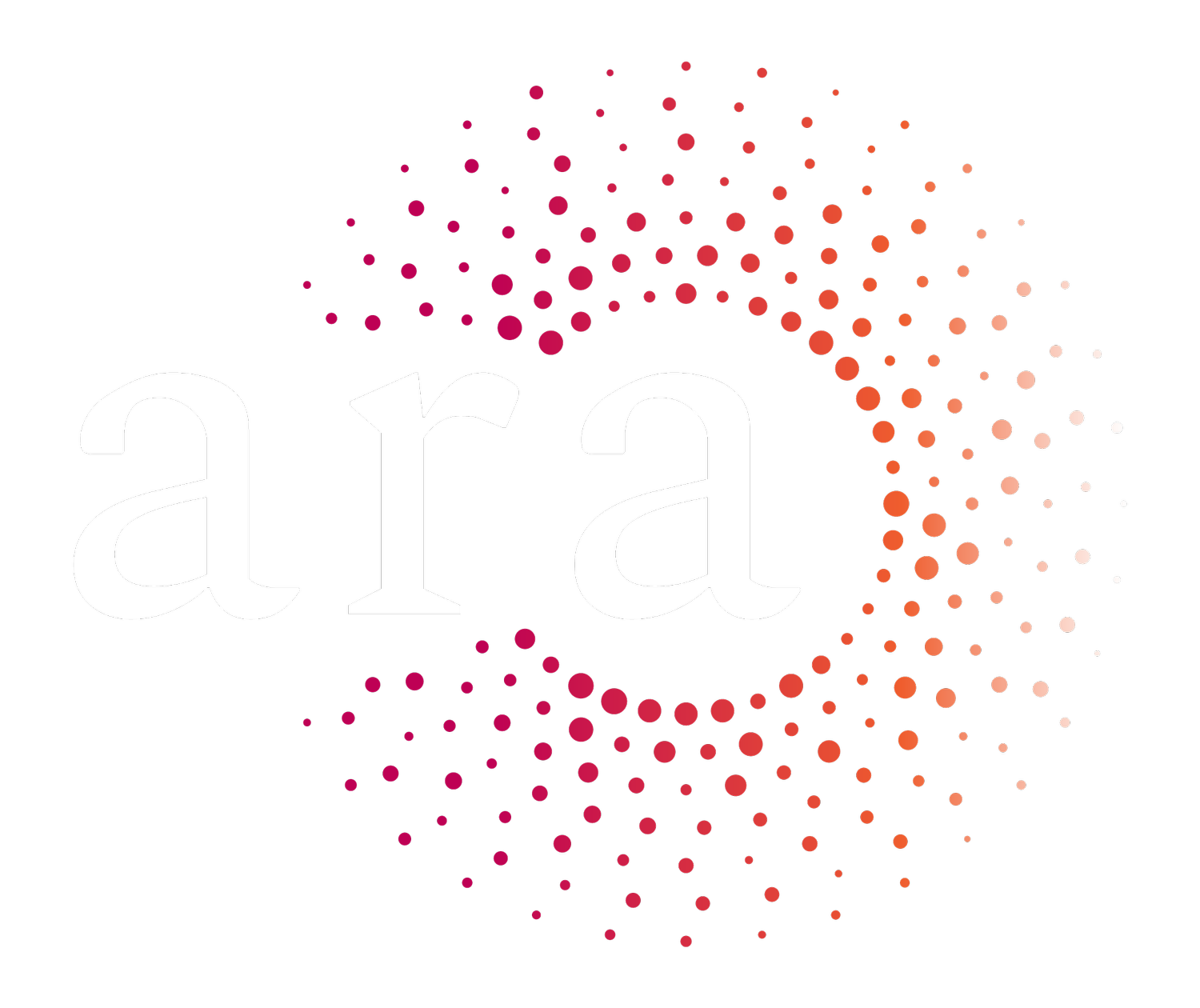Love Note to the EU AI Act
The EU AI Act felt revolutionary to me. The predominant responses to the Act, however, felt somewhat lackluster.
There’s plenty of activity around AI governance, but few people are talking about its potential to reshape risk and ethics management. Could the EU AI Act signal a groundbreaking shift in the way we traditionally manage risk and ethics in organizations? What if we get AI regulation and governance right?
People have a tendency to hate on regulations and their associated compliance requirements — but done well, regulations can influence our better angels and protect people against unintended consequences.
Is there perhaps a way to shift hearts and minds to frame regulation as opportunity?
Does “governance” have to feel so miserable?
What if companies treated regulations like we wanted to help the government achieve its objectives?
Again, what if we got EU AI Act governance right?
What would a love note to the EU AI Act say if you were impressed with the way the Act attempts to move society forward, the way it supports companies that want to help with the well-being of humans and planet?
This is what ChatGPT and I came up with. Now, I do think this is slightly optimistic…but that’s really also the point of the exercise 🤗…
Love Note to the EU AI Act
The EU AI Act As a Paradigm Shift
The EU AI Act is not just a set of rules governing technology; it is a blueprint for a new way of thinking about the relationship between technology, ethics, and governance. What makes this regulation so groundbreaking is not merely its regulatory scope but the paradigm shift it mandates. For the first time, we see a major regulatory body insisting that AI systems—perhaps the most powerful and disruptive technology of our age—be grounded in ethics. It places human rights, fairness, and transparency at the center of technological advancement.
This isn't just about compliance for AI; it's a call for an overhaul of governance across entire organizations. Companies will no longer be able to get by with a siloed AI governance body or an ethics review panel tacked onto a tech development process. The entire discipline of business ethics will need to transform, expanding from its often peripheral role to become a core element of strategic decision-making. Every business decision that intersects with AI, from customer service algorithms to automated hiring tools, will require transparent ethical oversight. This act forces ethics to become a dynamic, proactive function within companies, not a box to check after the fact.
From Values to Operational Ethics
Here’s the radical, and frankly transformative, aspect: the EU AI Act is making ethics operational. We’ve long spoken about “values-driven” businesses, but this law gives teeth to the idea that ethics aren’t just values you print on posters—they must be embedded in the very scaffolding of business operations. AI won’t just need governance; it will demand that companies rethink the foundational principles guiding decisions across legal, compliance, risk, and operational domains. Transparency is no longer a PR move; it’s a legal requirement.
In the future this regulation envisions, ethical considerations will have to be as rigorous as financial or legal reviews, and they’ll have to be documented and explainable. Companies will need to set up ethical audit trails, not just for their algorithms but for every decision those algorithms make that touches human rights. This means companies will need to empower governance frameworks that go far beyond AI and touch every business function. We’re talking about a governance model where ethics is not an afterthought or a separate track, but deeply integrated into decision systems and operations.
Reimagining Governance
This regulation has the potential to push us toward a reality where governance itself has to become more human-centered, interdisciplinary, and forward-thinking. It can no longer rely on traditional hierarchies or legalistic frameworks but will need to incorporate behavioral science, systems thinking, and transparency mechanisms that cross every organizational boundary. It pushes for governance that understands both the limits and the possibilities of AI while ensuring that companies cannot abdicate responsibility for human consequences to the “black box” of algorithms.
The EU AI Act is the seed for a much larger transformation—one that will compel companies to rethink governance in ways that finally reconcile technology with humanity. It’s not just about AI governance; it’s about creating a governance system where ethics is at the table, all the time, guiding not just what we do but how we do it.
—
This narrative was developed with chain of thought prompting, including specifics around prose style, through my ChatGPT account that is admittedly seasoned with my ideas and opinions.
—
What do you think? Does this story persuade you to think about the EU AI Act differently? Does it change the lens through which you’re evaluating the actions your organization is taking in regards to AI governance?

